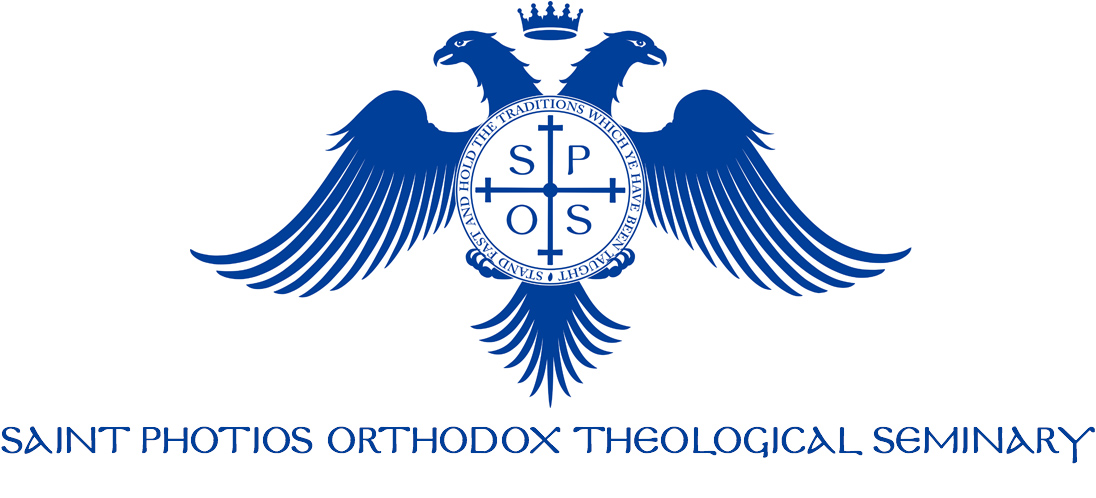Communiqué on Organ Transplantation and Donation
- Details
- Created on Monday, 26 August 2013 13:30
In Athens, July 16/29, 2013
Protocol n. γ-1776
Communiqué on Organ Transplantation and Donation
To all the Clergy and Laity throughout the Nation
Beloved children of the Church of Christ,
The Holy Synod of the Church of the Genuine Orthodox Christians during its session on June 7/20 2013, having investigated assiduously the question of “brain death,” organ transplantation, and “presumed consent,” ruled the following:
1. “Brain death” is an arbitrary term. Death is the definitive cessation of cardiopulmonary function. What is called “brain death” is in essence a condition of grave illness. The harvesting of vital organs from a gravely ill patient accelerates his death and, from an ethical point of view, is murder.
2. Therefore, the extirpation of vital organs for the purpose of transplantation is forbidden. Only the extirpation and transplantation of non-vital organs is permitted, provided that such extirpation will not cause the death of the donor (i.e. the donation of one kidney).
3. What is called “presumed consent” (i.e. the automatic presumption that all are organ donors, with the exception of declared non-donors ) is deemed ethically unacceptable as well. Since, however, such a law has been legislatively approved, all the Faithful are called to declare themselves non-donors according to the attached example [1], of which the Parish Councils are instructed to provide copies to be distributed at each parish's candle desk. Please note that a deadline has not been placed for such declarations.
To inform the flock, the Holy Synod has decided to organize two theological conferences on the matter at hand in Athens and Larisa, on September 10/23 2013 and September 18/October 1, 2013 respectively. The locations will be announced.
At the command of the Holy Synod
+PHOTIOS of Marathon
Chief-Secretary of the Synod
Translated from the Greek
Footnotes
Orthodox Awareness
A Brief History
In the early 20th century, the idea of promoting the union of Churches (Orthodox and heterodox) began to gain ground among circles in the Eastern Orthodox Church by establishing a "Communion of Churches" modeled on the League of Nations.
The Patriarchal Encyclical of 1920 foresaw a series of steps toward the “union of the Churches,” of which the first was the change of the calendar for the simultaneous celebration of feast days by all the “Churches.” The content of the encyclical was kept secret from the faithful and only after a few years became known. Read more...
Missions
Saint Matthew the Evangelist, Jonesboro, Arkansas
Jonesboro is a town located near the Eastern border of Arkansas, with a population of approximately 60,000. From a human standpoint, it’s not the most likely candidate for a traditional Orthodox mission, but for an Orthodox Christian who orders his priorities around Christ and His Church, it makes perfect sense. Read more...
Youth
2025 Youth Conference
Please join us for the 2025 youth conference in Toronto, Ontario, Canada! To learn more, visit the conference website.
Ask A Priest
Civil Annulment's Effect on Church Marriage?
Q. This concerns a U.S. marriage. If the marriage is civilly annulled, what is the effect upon the Church marriage? Is it also annulled? Read more...





